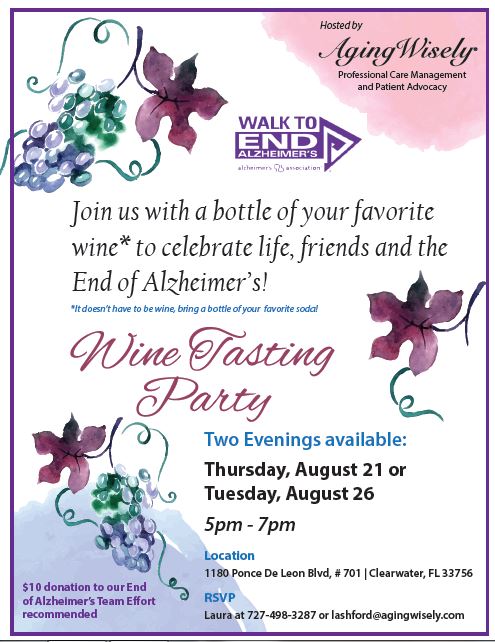Preparing for Medicare Open Enrollment 2015
Facts about Medicare Open Enrollment for 2015
Each year, Medicare recipients have the opportunity to change Medicare plans for the coming year. The period of time allocated for making changes is the annual open enrollment period or annual coordinated election period. For the past couple years, this period has been October 15th-December 7th.
Almost 90% of Medicare’s nearly 50 million beneficiaries have some form of prescription drug coverage, with more than 17 million enrolled in private drug plans through the prescription drug program (Part D). Of those 17 million, 14 million are in the top 10 plans. Though plans must have basic key features, covered drugs and costs vary widely. You cannot necessarily just look at the monthly premium to determine what is best for you so it’s important to take the opportunity to look at your choices.
Here are a few key Medicare facts and dates:
- New Medicare recipients (those who turn 65 or become eligible for Medicare, such as via a disability) have an initial 7 month enrollment period (to avoid late enrollment penalties): the 3 months prior to the month of eligibility, the month of eligibility and the 3 months following. Coverage begins the first day of your eligibility month (or the first day of the month you enroll if you don’t enroll until after your eligibility month).
- Each year, current recipients can make changes to their Part D plan from October 15th to December 7th. The new plan will begin on January 1st of the following year. Everyone should do a review since both the plan options and your personal situation may have changed.
- From January 1st-February 14th there is also a Medicare Advantage Disenrollment Period. During this time, those who are enrolled in a Medicare Advantage plan can disenroll, switch back to regular Medicare and pick a Part D plan.
- There are Special Enrollment Periods (SEPs) for those in certain circumstances. These include moving in or out of a skilled nursing facility.
- **You may hear information about enrollment periods or other details about the new healthcare plans under “Obamacare” (for example, the open enrollment period was originally set to correspond with the yearly Medicare period, but has been delayed). Do not get this information confused with Medicare. Also, beware of scammers who may try to take advantage of confusion around Obamacare and convince you that your Medicare plan is affected and you need to provide personal data.
All this seem a bit confusing? Check out our 2014 Medicare fact sheet (we will have a 2015 version as soon as those numbers become available) or contact us about our Medicare Analysis services.
Our expert care managers can save you money and reduce your hassle! Trust our patient advocates…they do not sell insurance but instead offer expert guidance based on years helping patients navigate the healthcare system.





 Popular Downloads
Popular Downloads


 Get Our Newsletter!
Get Our Newsletter! Mission Statement
Mission Statement

